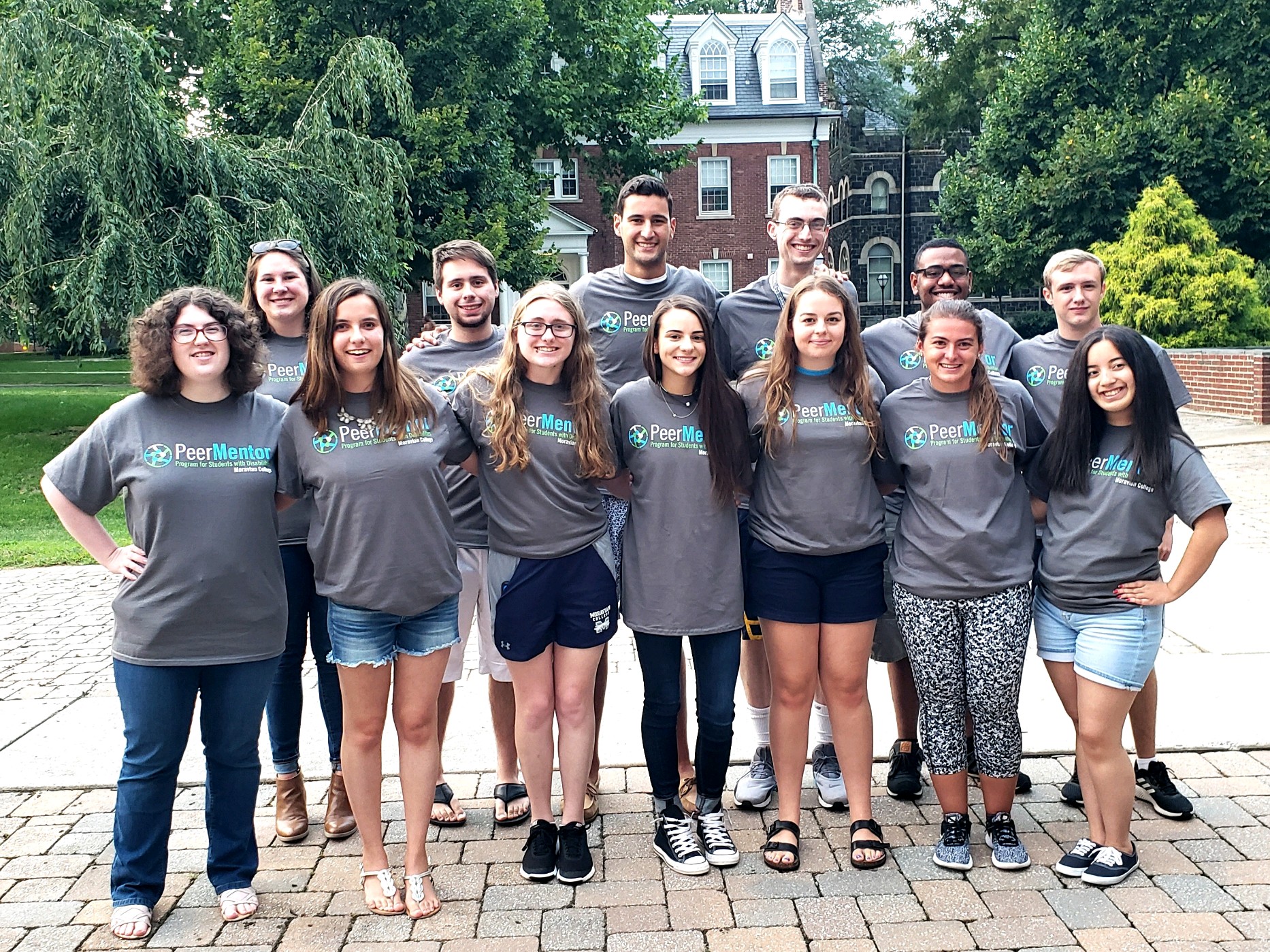What is a Disability?
According to the Americans with Disabilities Act of 1990 (as amended), "Disability" means, with respect to an individual:
- a physical or mental impairment that substantially limits one or more major life activities of such individual;
- a record of such an impairment; or
- being regarded as having such an impairment.
Major life activities include, but are not limited to:
- Caring for oneself, performing manual tasks, seeing, hearing, eating, sleeping, walking, standing, lifting, bending, speaking, breathing, learning, reading, concentrating, thinking, communicating, and working.
A major life activity also includes:
- The operation of a major bodily function, including but not limited to, functions of the immune system, normal cell growth, digestive, bowel, bladder, neurological, brain, respiratory, circulatory, endocrine, and reproductive functions.
An individual is regarded as having a disability if:
- They establish that they have been subjected to an action prohibited under the ADAAA because of an actual or perceived physical or mental impairment whether or not the impairment limits or is perceived to limit a major life activity
The determination of whether an impairment substantially limits a major life activity shall be made without regard to the ameliorative effects of mitigating measures such as:
- medication, medical supplies, equipment, or appliances, low-vision devices (which do not include ordinary eyeglasses or contact lenses), prosthetics including limbs and devices, hearing aids and cochlear implants or other implantable hearing devices, mobility devices, or oxygen therapy equipment and supplies;
- use of assistive technology;
- reasonable accommodations or auxiliary aids or services; or
- learned behavioral or adaptive neurological modifications.
The College will provide reasonable accommodation(s), upon request, to students whose conditions meet the legal definition of a disability under the ADA and who are considered otherwise qualified.
For more information on Americans with Disabilities Act of 1990 (as amended), click here.

